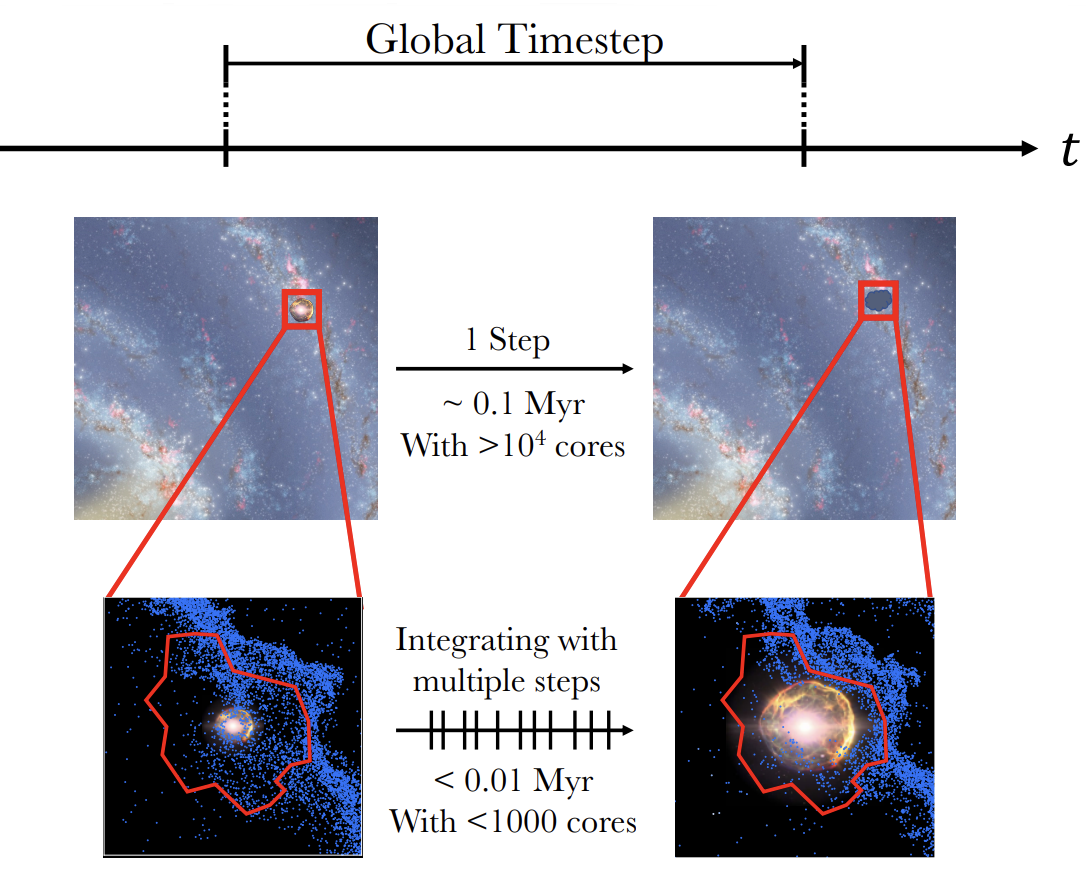/prod01/channel_3/media/tcd/news-images/fly-d-OLRXnzXFBjo-unsplash-2.jpg)
Quantum physicists show that imperfect timekeeping places a fundamental limit to quantum computers and their applications. The team claims that even tiny timing errors add up to place a significant impact on any large-scale algorithm, posing another problem that must eventually be solved if quantum computers are to fulfill the lofty aspirations that society has for them.
New research from a consortium of quantum physicists, led by Trinity College Dublin’s Dr Mark Mitchison, shows that imperfect timekeeping places a fundamental limit to quantum computers and their applications...
Read More








Recent Comments